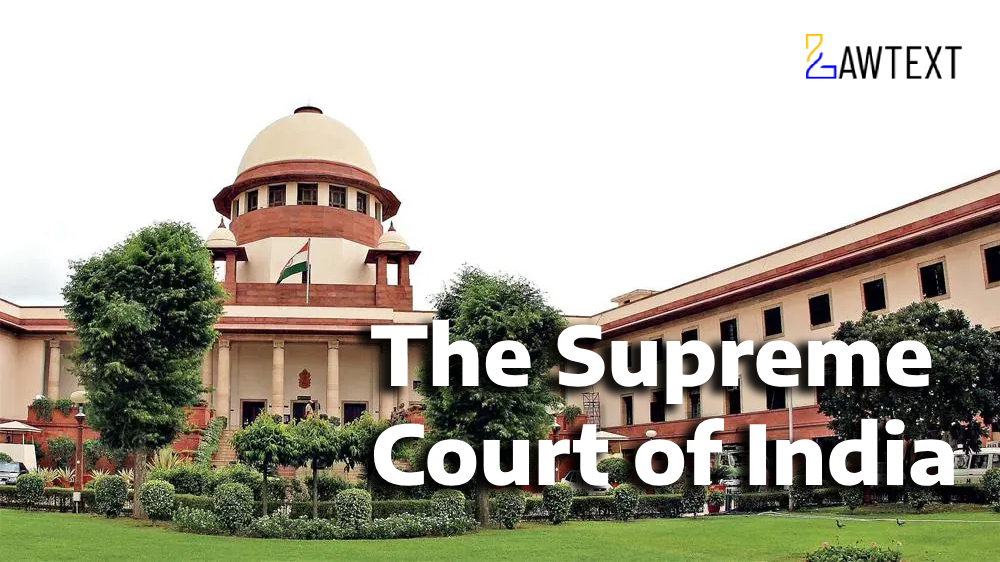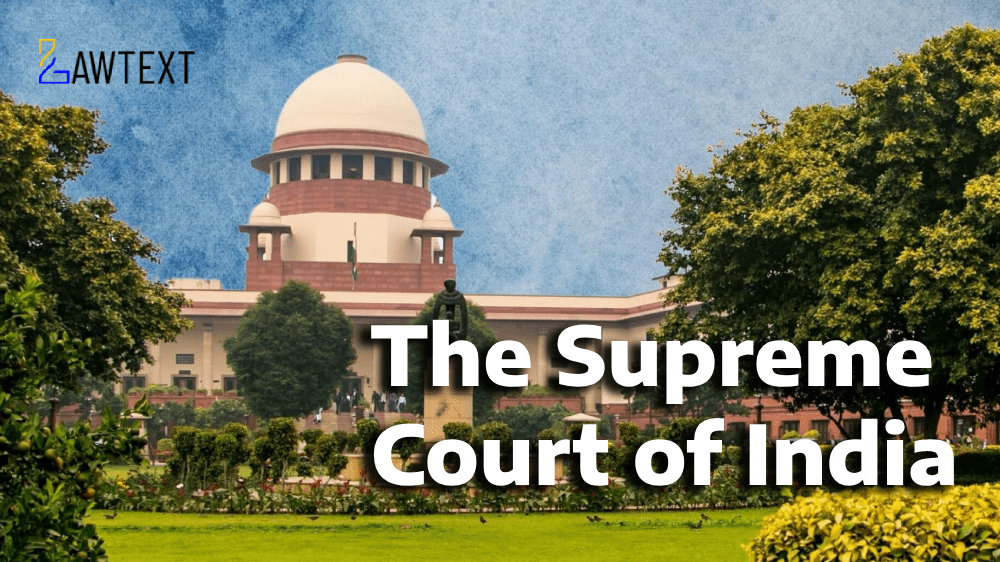Case Note & Summary
Appeal against Conviction under Section 302 IPC - Delhi High Court
Legal Provisions: Section 299 of the Code of Criminal Procedure (CrPC) and Section 33 of the Indian Evidence Act, 1872
Background and Judgment of the Trial Court: The case concerns an appeal against the conviction of the accused under Section 302 of the Indian Penal Code (IPC) by the trial court. The appellant, Sukhpal, was convicted for the murder of his wife, Usha, and sentenced to life imprisonment on March 6, 2003.
Brief Facts: Sukhpal and Usha had marital discord, leading Sukhpal to leave his wife and reside in Uttar Pradesh. On May 20, 1990, Usha was found dead in her Delhi home, with signs of strangulation and a handwritten note allegedly implicating Sukhpal found at the scene.
Submissions on behalf of the Appellant:
Challenge to Witness Testimony: Argument against the reliability of witness testimony, particularly that of Ashok Kumar Pathak, recorded under Section 299 of the CrPC without the accused's presence and cross-examination. Contestation of Confession Note: Assertion of the fabrication of the confession note found at the crime scene and questioning the reliability of the handwriting expert's report. Doubts on Prosecution's Case: Raising doubts about the prosecution's case, highlighting inconsistencies in witness testimony and proposing alternative suspects.Submissions on behalf of the Respondent-State:
Reliance on Witness Testimony: Establishment of the appellant's presence at the crime scene and motive through witness testimony, including that of Ashok Kumar Pathak and Usha's sister, Sudha. Validation of Confession Note: Support for the confession note's authenticity through the handwriting expert's report. Rejection of Alternative Theories: Dismissal of alternative theories proposed by the appellant, emphasizing the strength of circumstantial evidence.Discussion and Conclusion: The court upheld the trial court's judgment, finding the prosecution's case based on circumstantial evidence, including witness testimony and the confession note, strong. The appeal was dismissed, and the appellant's conviction under Section 302 IPC was affirmed.
Introduction: The case examines the admissibility and utilization of witness statements recorded under Section 299 of the CrPC as evidence under Section 33 of the Indian Evidence Act, 1872, stressing the importance of strict compliance with procedural requirements.
Interpretation of Section 299 of CrPC and Section 33 of Evidence Act: Emphasizes Section 299 of the CrPC as an exception to Section 33 of the Evidence Act, allowing witness examination in the absence of the accused under specific conditions, requiring strict compliance for admissibility.
Preconditions for Utilizing Witness Statements: Highlights the necessity for the prosecution to establish the preconditions specified in Section 299 of the CrPC before admitting witness statements as evidence.
Strict Interpretation and Scrutiny: Stresses the strict interpretation of Section 299 of the CrPC and the imperative compliance with its requirements, requiring a categorical finding by the court regarding facts to be proved.
Conjunctive Reading of Conditions: Insists on a conjunctive reading of both conditions in Section 299 of the CrPC, stating that satisfaction of one alone is insufficient.
Statement of Ashok Kumar Pathak: Underlines the significance of Ashok Kumar Pathak's statement, recorded under Section 299 of the CrPC, in establishing various circumstances surrounding the murder.
Chain of Circumstantial Evidence: Describes how circumstances outlined in Pathak's statement, along with other evidence, form a complete chain of incriminating circumstantial evidence against the accused.
Confirmation of Conviction: Affirms the trial court and High Court's decision to convict the accused based on presented evidence, finding no infirmity in their judgments.
Dismissal of Appeal: Dismisses the appeal, cancels the appellant's bail bonds, and orders surrender within 60 days to serve the remainder of the sentence.
Conclusion: Affirms the conviction of the accused and orders surrender within the specified period, disposing of any pending applications accordingly.
Issue of Consideration: Sukhpal Singh vs Nct Of Delhi
Premium Content
The Issue of Consideration is only available to subscribed members.
Subscribe Now to access critical case issues








